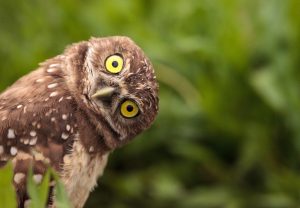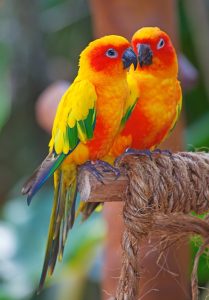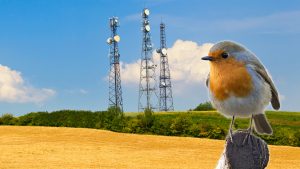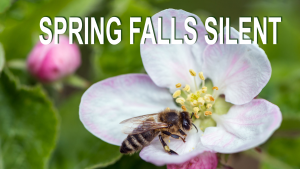
Birds act as an important indicator for an intact ecological balance in the environment. They love structured landscapes with trees, hedges and shrubs and especially vast wetlands. Like most beings birds react very sensitively to unnatural environmental influences. For example, the use of pesticides in farming is a big hazard for the birds, as these agents not only kill off innumerable insects, which are an important food base for the birds, but even poison the birds. But more and more birds are also threatened by microwave radiation as emitted by cell phone towers and satellites and they gradually draw back from heavily contaminated regions. For this reason many birds stand on the endangered species list.

Protecting them should be a main concern, not only to conserve the diversity of species but also because birds play an important role in people’s lives. By their aerobatics and their freedom they inspire the mind of man and please him with their twittering, singing and whistling.
Incidentally, experts recommend all-year round bird feeding because the “barren“ landscapes shaped by intensive farming as well as species-poor gardens offers hardly any food to the birds even in summer. Yet during the summer season, birds need plenty of food, because that’s when they are bringing up their chicks. An all-season feeding ground may support up to 50 bird species. Thus bird feeding makes a valuable contribution to protecting the birds and conserving species diversity.
„A bird feeding ground is like an inn:
Word must get around about where it is.
And it has to be open reliably, otherwise no one will come.“
Bird expert Peter Berthold of the Max-Planck-Institute for Ornithology











